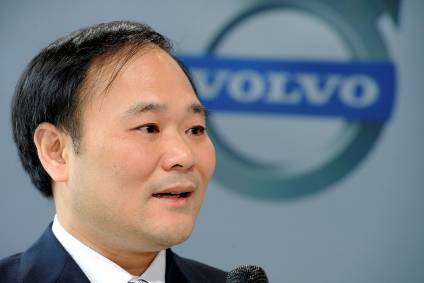
Volvo Car AB and Geely Automobile Holdings have announced they are considering combining their businesses to ‘create a strong global group, which would accelerate financial and technological synergies between the two companies’.
Although Volvo Cars is owned by the Geely Auto parent Zhejiang Geely Holding Group and there is already considerable engineering cooperation between Geely Auto and Volvo, the move would bring the two automotive businesses closer together.

Discover B2B Marketing That Performs
Combine business intelligence and editorial excellence to reach engaged professionals across 36 leading media platforms.
The companies said the combination would have the scale, knowledge and resources to be a leader in the ongoing transformation of the automotive industry. The combination, they said, would preserve the distinct identity of each of the brands Volvo, Geely, Lynk & Co and Polestar.
A combined company would have access to the global capital market through Hong Kong and with the intention to subsequently list in Stockholm as well.
Volvo Cars and Geely will create a joint working group to prepare a proposal to their respective boards.
“A combination of the two companies would result in a strong global group. We look forward to working with Håkan Samuelsson, president and CEO of Volvo Cars, to further investigate this opportunity with the goal to strengthen the synergies within the Group while maintaining the competitive advantage and the integrity of each individual brand,” said Li Shufu, Chairman of Geely Holding Group.
The proposed merger continues an ongoing theme of more M&A activity in the auto industry as companies position to be more competitive in the face of considerable business challenges ahead, most notably to invest in costly advanced technologies such as electrification and automated drive, while also meeting tighter emissions targets.






